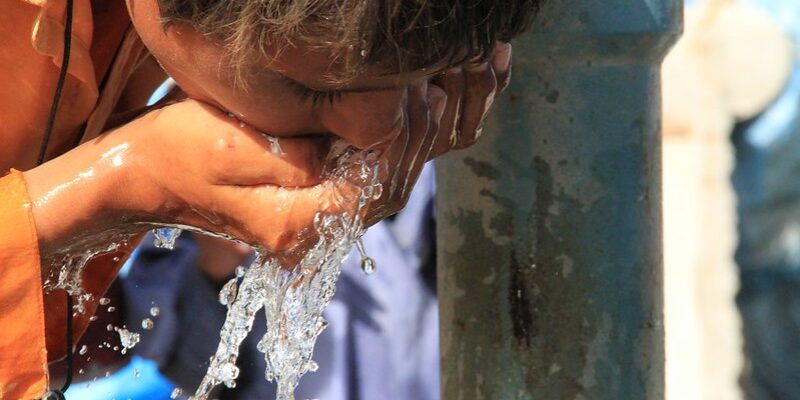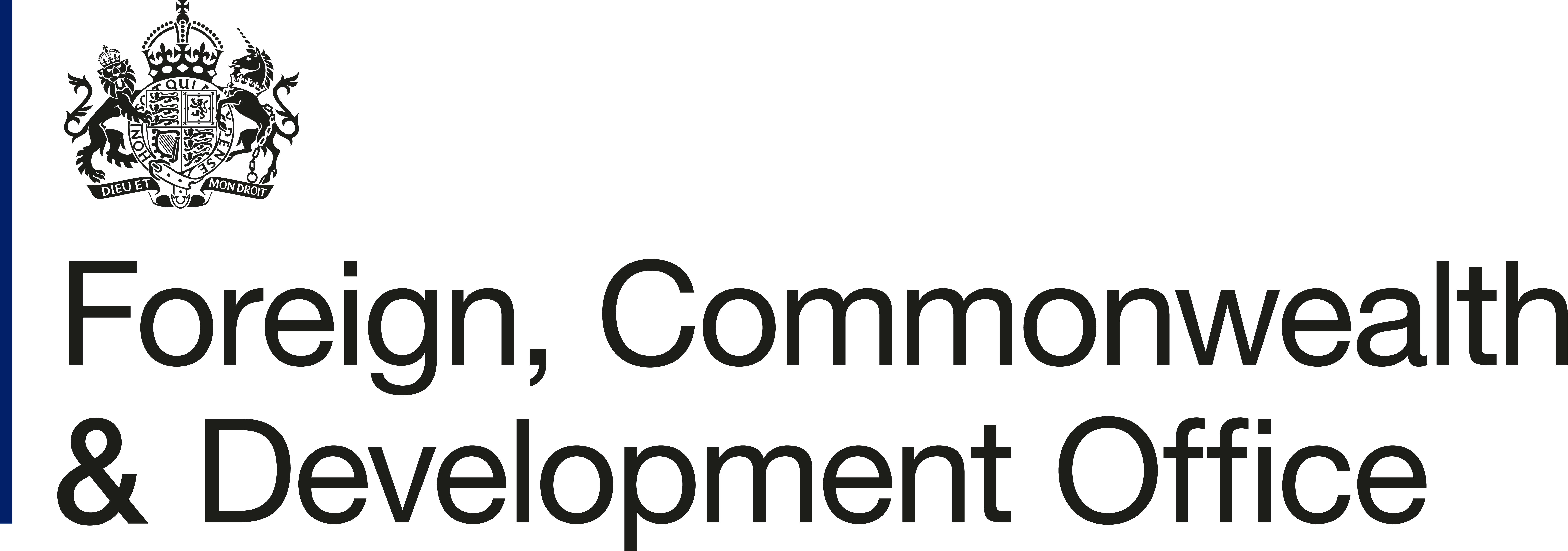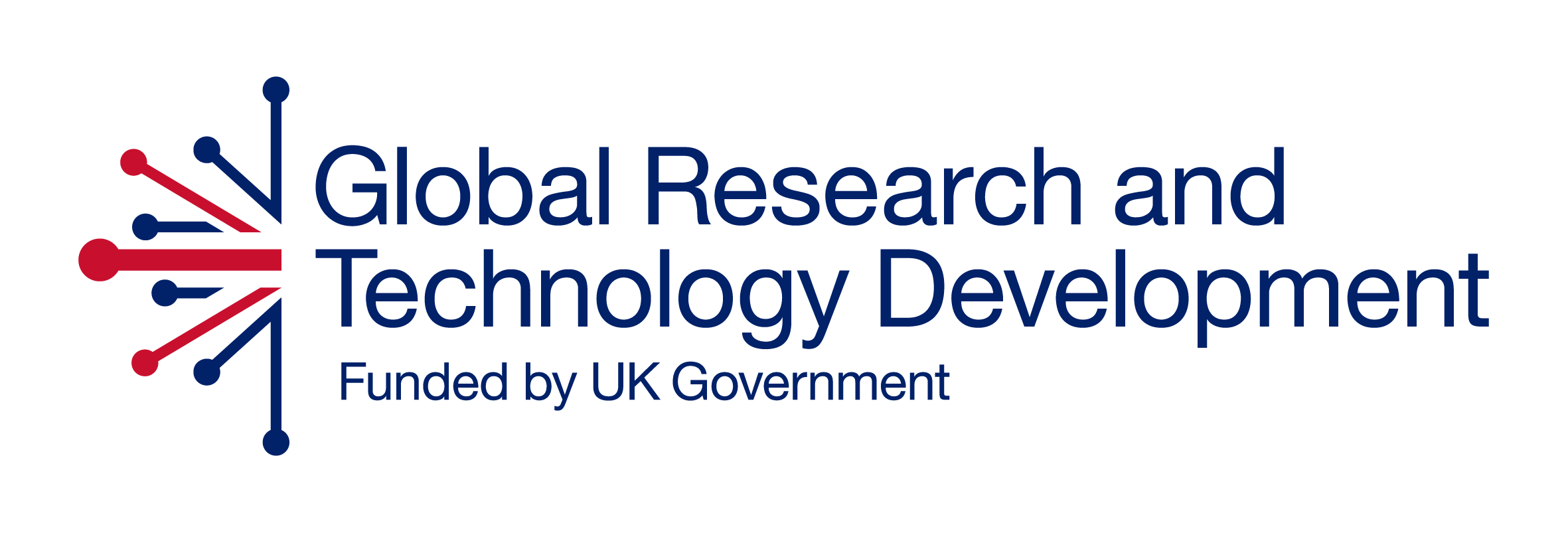The Global Education Evidence Advisory Panel (GEEAP) unveiled its latest report, “Effective Reading Instructions in Low- and Middle-Income Countries: What the Evidence Shows.” This report highlights that literacy is the cornerstone of all learning.
Improving water security for millions of people

The REACH Water Programme, funded by the UK Foreign, Commonwealth & Development Office since 2015, has directly enhanced water security for 10 million people in sub-Saharan Africa and South Asia whilst establishing foundations for broader long-term impact. Water security remains crucial for environmental protection, economic growth, poverty reduction and public health, with an estimated four billion people worldwide affected by inadequate access to drinking water.
The programme’s success demonstrates how targeted research and development funding can deliver sustainable value at scale. Key achievements include improved understanding of drought and flood patterns in the Horn of Africa, affecting policy and investment decisions for 25 million people.
In Bangladesh, the programme has addressed river pollution impacting 20 million Dhaka residents through evidence-based analysis of seasonal risks. Results-based funding models for safe rural drinking water have been tested and adopted by governments including Zambia and Bangladesh.
Collaboration with social enterprise Uptime has expanded funding contracts to 16 countries, benefiting over five million rural people and addressing often-overlooked water quality issues that significantly impact children, elderly and vulnerable populations.
Despite substantial infrastructure investments, half the world lacks access to safe drinking water, with many more affected by pollution in water sources used for bathing, fishing and agriculture. The programme has achieved major advances through respectful partnerships in delivering safe drinking water for communities, health facilities and schools, whilst responding to floods, droughts and river pollution.
The initiative is now expanding globally, aiming to reach 100 million people by 2030 through innovative funding models and new government partnerships. This scaling-up approach will tackle persistent barriers to water security whilst addressing critical aspects of health, gender equality, livelihoods and climate resilience. The programme has also provided over 300 training years, with over 50% allocated to women and over 80% to Global South partners.
For further information check the REACH programme article and executive summary.
See more
The vital importance of literacy
New report points the way forward for e-mobility in Africa
The Powering Renewable Energy Opportunity (PREO) programme launched its latest report – “Driving Interoperability: Insights from PREO’s E-Mobility Portfolio” at Africa E-Mobility Week 2025.
What does evidence-informed policymaking look like? A framework for conceptualising and measuring EIPM
The past two decades have seen a proliferation of activity supporting evidence-informed policymaking (EIPM) in low- and middle-income countries.
Successful treatment of bubonic plague
A ground breaking clinical trial has provided conclusive evidence to support WHO guidance that a simple, affordable oral antibiotic can improve bubonic plague treatment worldwide.

Your starting point for Foreign, Commonwealth and Development Office (FCDO) funded research and development.
Quick links
All content is available under the Open Government Licence v3.0, except where otherwise stated.

